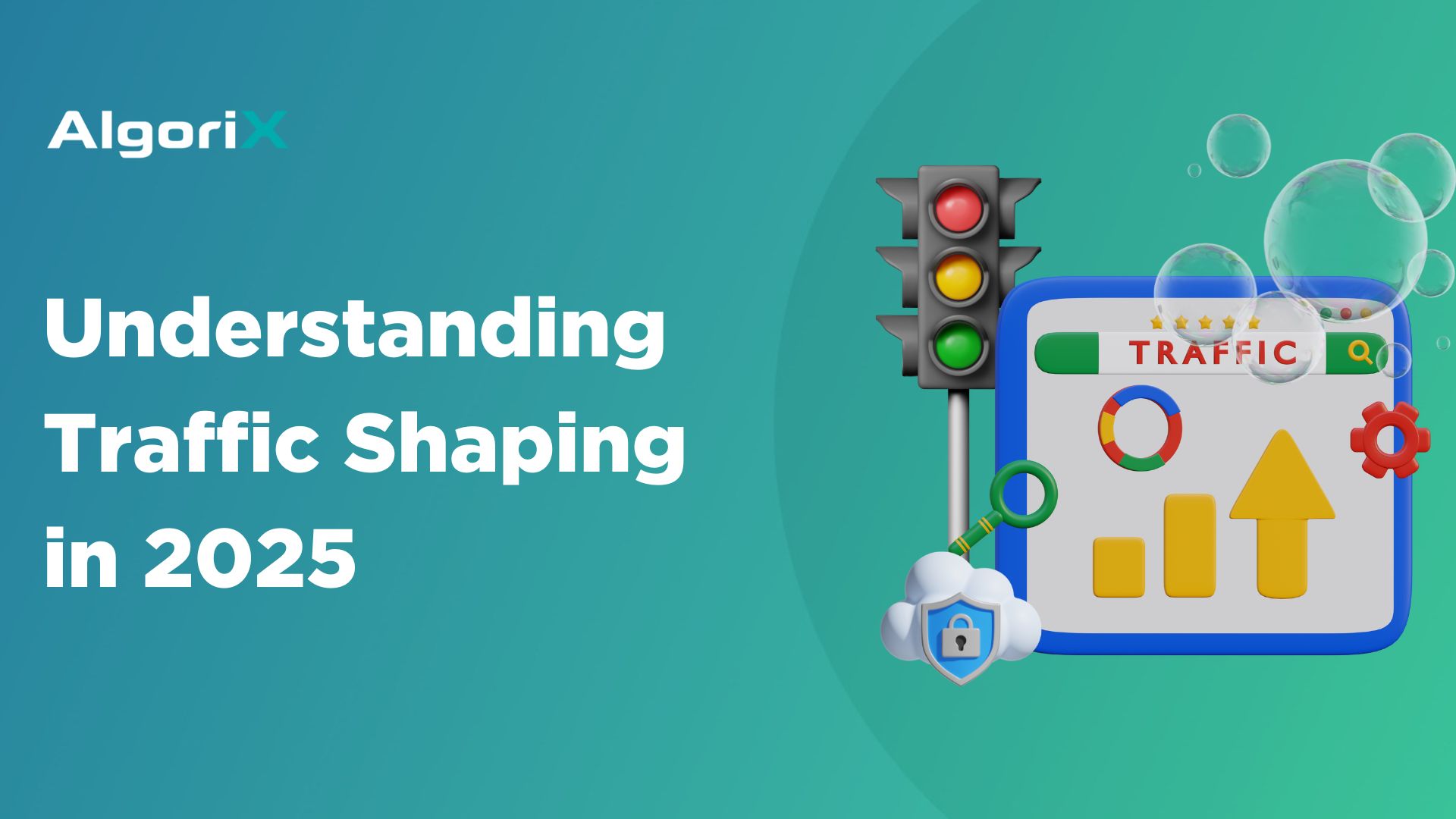Google’s decision to abandon its plan to phase out third-party cookies in July has sent shockwaves through the adtech industry. For years, Google had been working towards eliminating these online identifiers, which are crucial for tracking users and targeting them with personalized ads. This decision has significant implications for publishers, advertisers, and the entire digital advertising ecosystem.
Why This Is Important
The adtech world has been preparing for a cookieless future for years, investing heavily in alternative tracking technologies and privacy-preserving ad solutions. Many in the industry are now left wondering what this change means for their strategies and investments. Google’s decision to keep third-party cookies highlights the complexity of balancing privacy with the economic realities of ad-supported content. The reactions from various stakeholders, including regulators, advertisers, and privacy advocates, have been mixed, reflecting the high stakes involved in this decision.
Regulatory and Legal Implications
This policy reversal has also brought Google under renewed scrutiny from regulators around the world. The UK’s Competition and Markets Authority (CMA) and the Information Commissioner’s Office (ICO) are closely monitoring the situation, given their previous concerns about the potential anti-competitive effects of Google’s Privacy Sandbox initiative. Additionally, the U.S. Department of Justice has filed an antitrust lawsuit against Google, alleging monopolistic practices in the digital advertising market, further intensifying regulatory pressure. By retaining third-party cookies, Google is likely seeking to mitigate regulatory pressure and avoid further complicating its relationship with global regulators.
Opportunities and Challenges for Publishers
Stability in Ad Revenue and User Privacy Protection
For publishers, Google’s decision offers a reprieve from the uncertainties associated with a cookieless future. Third-party cookies have long been a cornerstone of programmatic advertising, providing a reliable stream of revenue for publishers. The decision to keep them allows publishers to maintain a level of stability in their ad revenues, at least for the near future. However, this comes with the continued challenge of protecting user privacy, a concern that has been increasingly scrutinized by both consumers and regulators. Publishers must now find ways to balance the economic benefits of third-party cookies with the growing demand for stronger privacy protections.
Leveraging Existing Technologies and the Risks of Relying on Third-Party Data
While the retention of third-party cookies provides short-term stability, it also underscores the risks associated with relying too heavily on outdated tracking technologies. As privacy concerns grow and regulations tighten, publishers who continue to depend on third-party cookies may find themselves at a disadvantage. The industry’s gradual shift towards privacy-first solutions means that publishers will need to explore new technologies and strategies that align with these evolving standards. This includes investing in first-party data solutions, leveraging contextual advertising, using lookalike audiences, and adopting Privacy Sandbox APIs, all aimed at reducing reliance on third-party cookies while ensuring effective and privacy-respecting ad targeting.
Comparisons with Competitors: Apple and Mozilla’s Privacy Strategies
Google’s decision stands in stark contrast to the approaches taken by its competitors, particularly Apple and Mozilla. Apple’s App Tracking Transparency (ATT) framework and Mozilla’s default blocking of third-party cookies have positioned them as leaders in the privacy-first movement. These companies have chosen to prioritize user privacy over the traditional ad-supported revenue models, forcing the adtech industry to adapt. This divergence in strategy raises important questions about the future of digital advertising and whether Google’s approach will ultimately succeed in a landscape increasingly dominated by privacy concerns.
The Role of Privacy Sandbox
Despite the decision to retain third-party cookies, Google has reaffirmed its commitment to the Privacy Sandbox initiative. Privacy Sandbox is a suite of APIs designed to provide privacy-preserving alternatives to traditional tracking methods. The initial results from Privacy Sandbox testing have shown promise, with some improvements in ad performance metrics, but the APIs have not yet fully lived up to the expectations set by Google. The continuation of Privacy Sandbox alongside third-party cookies suggests that Google is hedging its bets, allowing the industry to adapt gradually while continuing to develop more privacy-centric solutions. The success of Privacy Sandbox will depend on its ability to deliver on its promises without compromising user privacy or advertiser effectiveness.
Technical Hurdles and Innovations: Addressing Latency and Performance Concerns
One of the key challenges facing the Privacy Sandbox initiative has been the technical hurdles related to latency and performance. Publishers and advertisers have expressed concerns about the speed and efficiency of these new APIs, with some reporting significant drops in ad revenue during initial testing phases. Google will need to address these issues if it hopes to gain broader adoption of Privacy Sandbox technologies. Innovations in this area could include optimizing the APIs for better performance or developing new tools that help publishers integrate these solutions more seamlessly into their existing workflows. Overcoming these technical challenges will be crucial for the long-term success of Privacy Sandbox and for maintaining trust within the adtech community.
Publisher Strategies for Adaptation
As the industry continues to grapple with the implications of Google’s decision, publishers will need to adapt their strategies to remain competitive. One of the most effective ways to do this is by shifting towards first-party data collection. First-party data offers a more sustainable and privacy-friendly alternative to third-party cookies, allowing publishers to build direct relationships with their audiences. Enhancing the user experience will also be key, as consumers become more aware of their privacy rights and more selective about the content they engage with. By focusing on user experience and leveraging first-party data, publishers can reduce their reliance on third-party cookies and better position themselves for the future.
Conclusion
Google’s decision to keep third-party cookies in Chrome marks a significant turning point in the adtech industry. While it provides short-term stability, it also presents new challenges and uncertainties for publishers, advertisers, and regulators alike. As the industry adapts to this new reality, the focus will likely shift towards finding sustainable, privacy-centric solutions that can coexist with existing technologies. At AlgoriX, we envision a future where innovation and privacy work hand in hand. Contact us to learn more about how AlgoriX can help you navigate this changing landscape.













